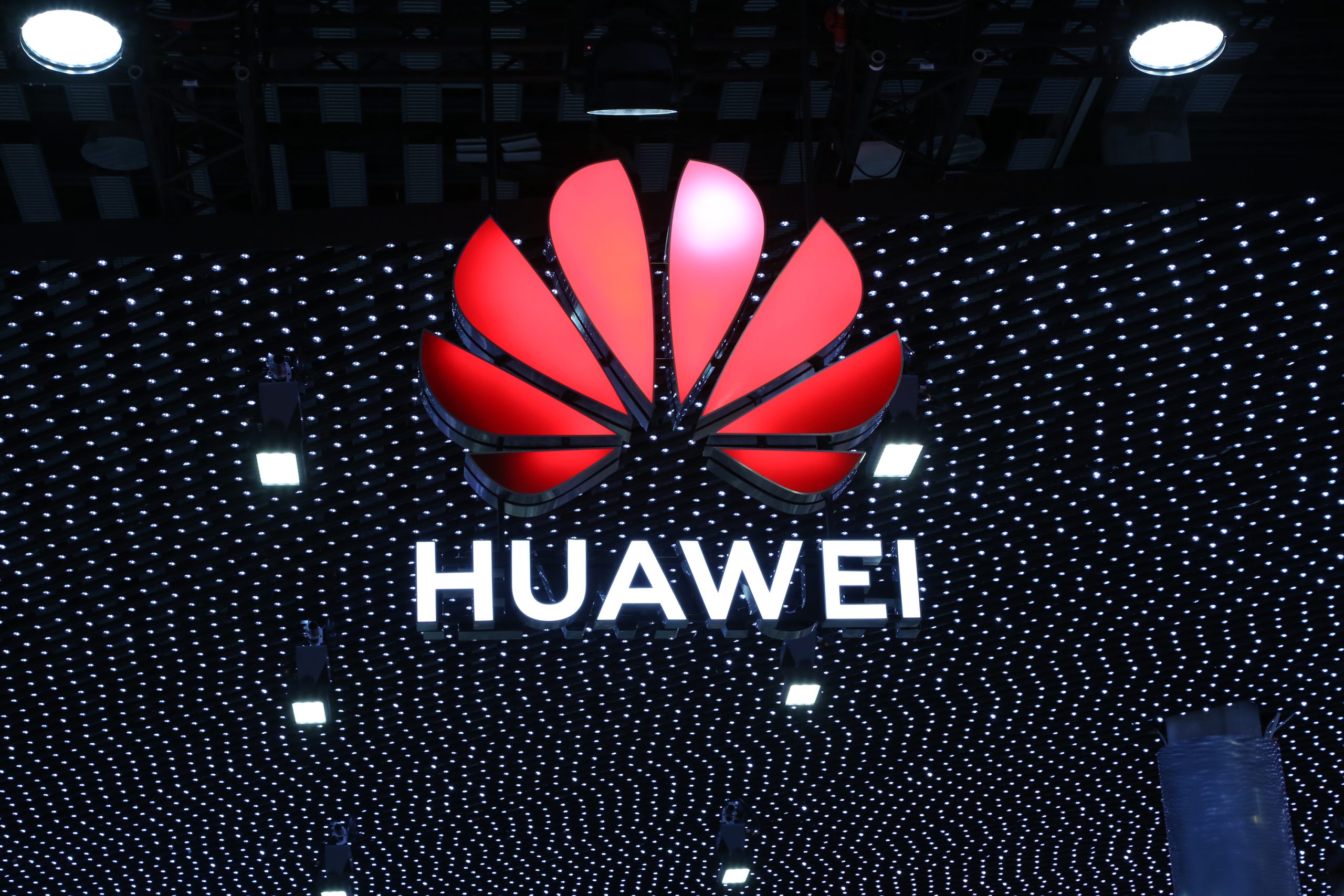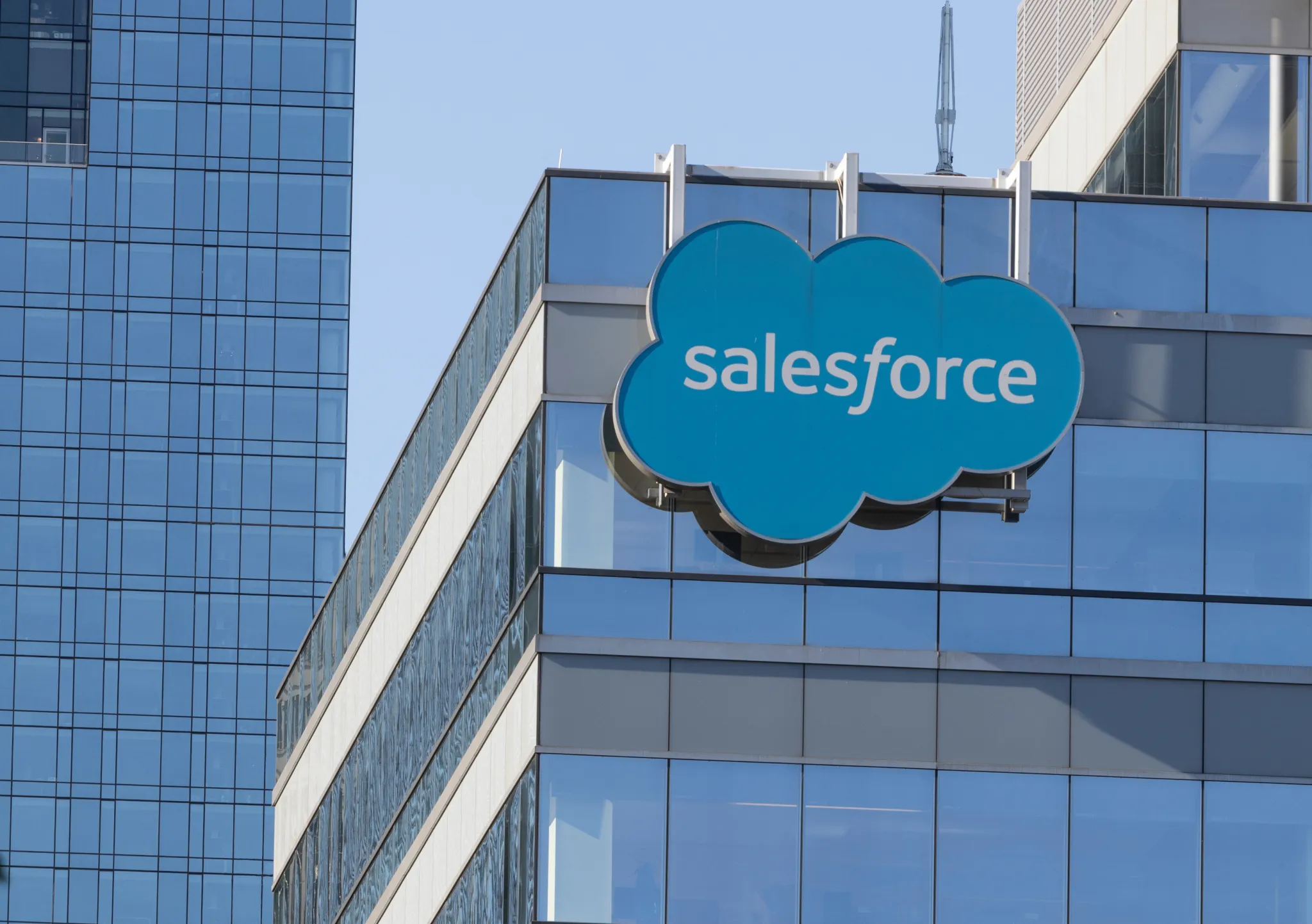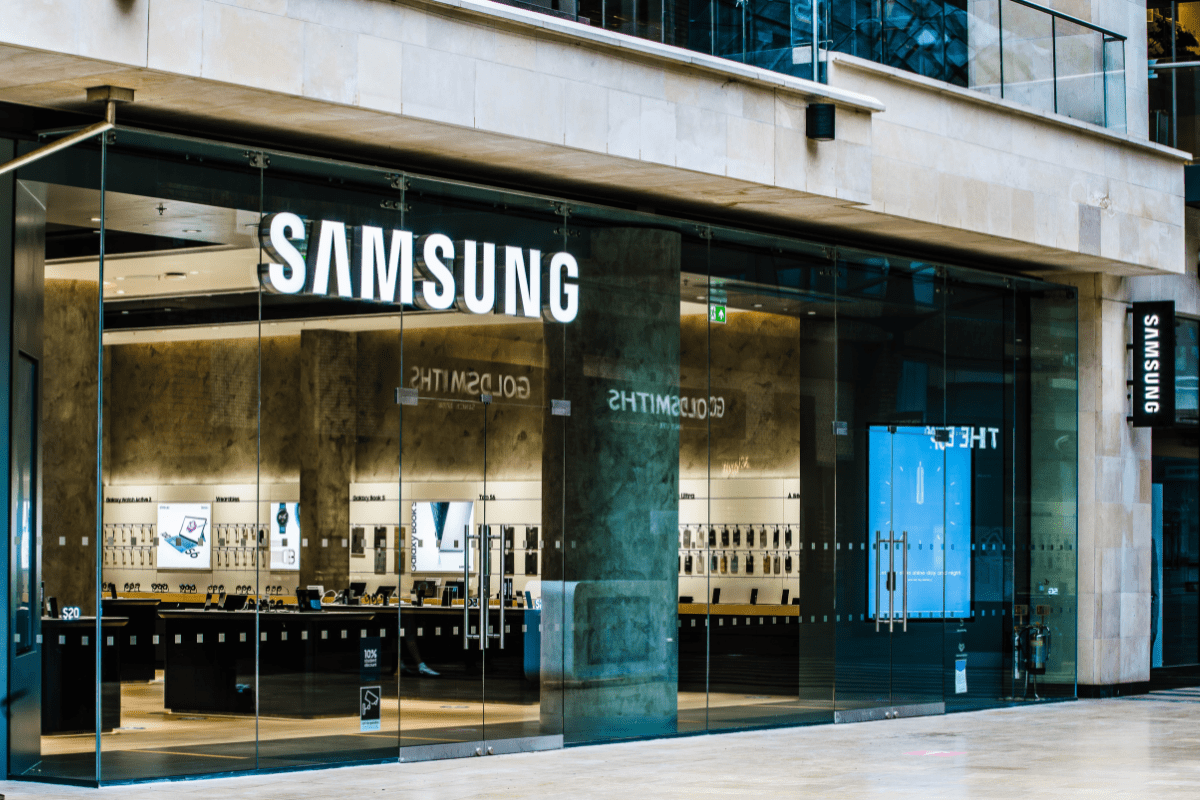Facebook has had another eventful period, but can it continue to overcome the negatives?
- Friday, July 26th, 2019
- Share this article:
 The past few weeks have been very interesting for Facebook. It has increased transparency by providing users with more information about why they are being targeted with an ad, and then the Federal Trade Commission (FTC) approved a $5bn fine against the social network over Cambridge Analytica. This was followed by the US Justice Department announcing a review of “market-leading online platforms”, Facebook reporting that it beat its second quarter expectations and, finally, the revelation that the FTC has opened up another wide-ranging antitrust investigation into the internet giant. Along with all that, there’s of course the ongoing scrutiny of its upcoming Libra cryptocurrency.
The past few weeks have been very interesting for Facebook. It has increased transparency by providing users with more information about why they are being targeted with an ad, and then the Federal Trade Commission (FTC) approved a $5bn fine against the social network over Cambridge Analytica. This was followed by the US Justice Department announcing a review of “market-leading online platforms”, Facebook reporting that it beat its second quarter expectations and, finally, the revelation that the FTC has opened up another wide-ranging antitrust investigation into the internet giant. Along with all that, there’s of course the ongoing scrutiny of its upcoming Libra cryptocurrency.
Facebook has been prepared for the $5bn fine for some time, setting aside the money in the first quarter of 2019 in the knowledge of what was likely to come. Along with the fine, the FTC has imposed new requirements on Facebook, including the introduction of an independent privacy committee and compliance officers. Facebook has nominated Michel Protti, the company’s vice president of marketing on partnerships, to become its first chief privacy officer. Although, as per the FTC’s order, Protti’s appointment will have to be approved by the privacy committee.
“We are glad to see the FTC taking action… But Facebook is just one actor. The US needs to follow the EU’s lead and pass federal privacy legislation to protect people across the board. To help force behavioural change across industries we need legislation and to provide the FTC with the necessary resources to safeguard users,” says Jascha Kaykas-Wolff, chief marketing officer at Mozilla.
“Ultimately, government authorities need to step up on this issue – in the meantime we’re doing whatever we can to help protect users and give them back control of how their data is used.”
Mozilla stopped advertising on Facebook a year ago because it doesn’t agree with Facebook’s business practices. Its also been very critical of Facebooks transparency API, documenting 12 major bugs in the tool that has been rolled out globally.
It’s these business practices that Facebook has tried to show the world it has been changing. The most recent of these changes, other than adhering to the FTC’s requirements, was Facebook beginning to provide users with more information about why they have been targeted with an ad and which businesses are using their personal data.
Advertising transparency was increased by Facebook by deciding to provide users with more detail about the interests and categories that matched them with an ad and making it clearer where the information came from.
Though the increased transparency is a step in the right direction, Mozilla still isn’t quite convinced that Facebook is yet doing enough, viewing what Facebook is doing as “simulating an interest in privacy” and creating a “smoke screen”, according to Kaykas-Wolff.
“While the increased transparency is good, it raises more important questions about whether or not Facebook should allow this type of targeting on its platform at all. The tool Facebook introduced does not go to the heart of the problem, which is that users are seeing their data traded and targeted against without them having any meaningful control. This tool is like throwing a bucket of water on a burning house: it wont put out the fire,” he says.
“The fact that Facebook can track almost all the activity of its users on the web and link it back to their Facebook identity without their control is something we are adamantly fighting against, and is why we rolled out the Firefox Facebook Container extension so users can isolate their Facebook identity from the rest of the web.”
Amongst all the negative feelings toward Facebook, the company still managed to increase its user base by eight per cent year-over-year and saw total revenue leap to $16.89bn from Q2 2018’s $13.23bn, an increase of 28 per cent.
“Facebook seems to have a remarkable ability to weather some pretty intense social, political, and regulatory controversies, and still perform relatively well. And this quarter is no exception,” says Mazen Hussain, director of paid media and creative at Croud.
“While there are a number of projects outside of Facebooks core offering of social media and communication, including Oculus and more recently Libra, were seeing the impact of the privacy controversies start to impact advertisers. Following a lawsuit filed against them in 2018, Facebook has been gradually rolling out more and more targeting restrictions for certain sectors, the latest being the housing, employment, and credit industries, which are no longer allowed to target users according to gender, age or location.”
Further changes being made by Facebook include a change to feed formats that brings a reduction in character limits and the resizing of some images expected at some point within the next month.
“Its further evidence that Facebook is increasingly becoming more like Instagram, and vice versa, as they look to integrate the two platforms further to capitalise on the combined user base of 2.38 billion,” adds Hussain.
This decision is likely to do with the fact that “a growing number of brands are choosing to increase their ad spend on Instagram,” according to Yuval Ben-Itzhak, Socialbakers CEO.
“Marketers find the platform valuable and it shows in the rising cost of engagement,” he says. Although, “Facebook is still way ahead of competitors and that’s unlikely to change any time soon”.
As such, we can expect – at least until further antitrust investigations are completed – that Facebook will continue to be the place to go for marketers. And the big opportunities on the platform lie within video.
“With over 100m people ages 18+ in the US watching instream video on Facebook each month, the platform provides strong reach and the targeting capabilities are second to none,” said Aaron Goldman, 4C Insights CMO. “In particular, we see more growth ahead with premium video including Facebook Watch as well as packages like Facebook Showcase.”
So, there you have it. Facebook may be taking fire from all sides, but we can expect it to still provide value for marketers for the foreseeable future. Failing that, there’s still always Instagram…
















